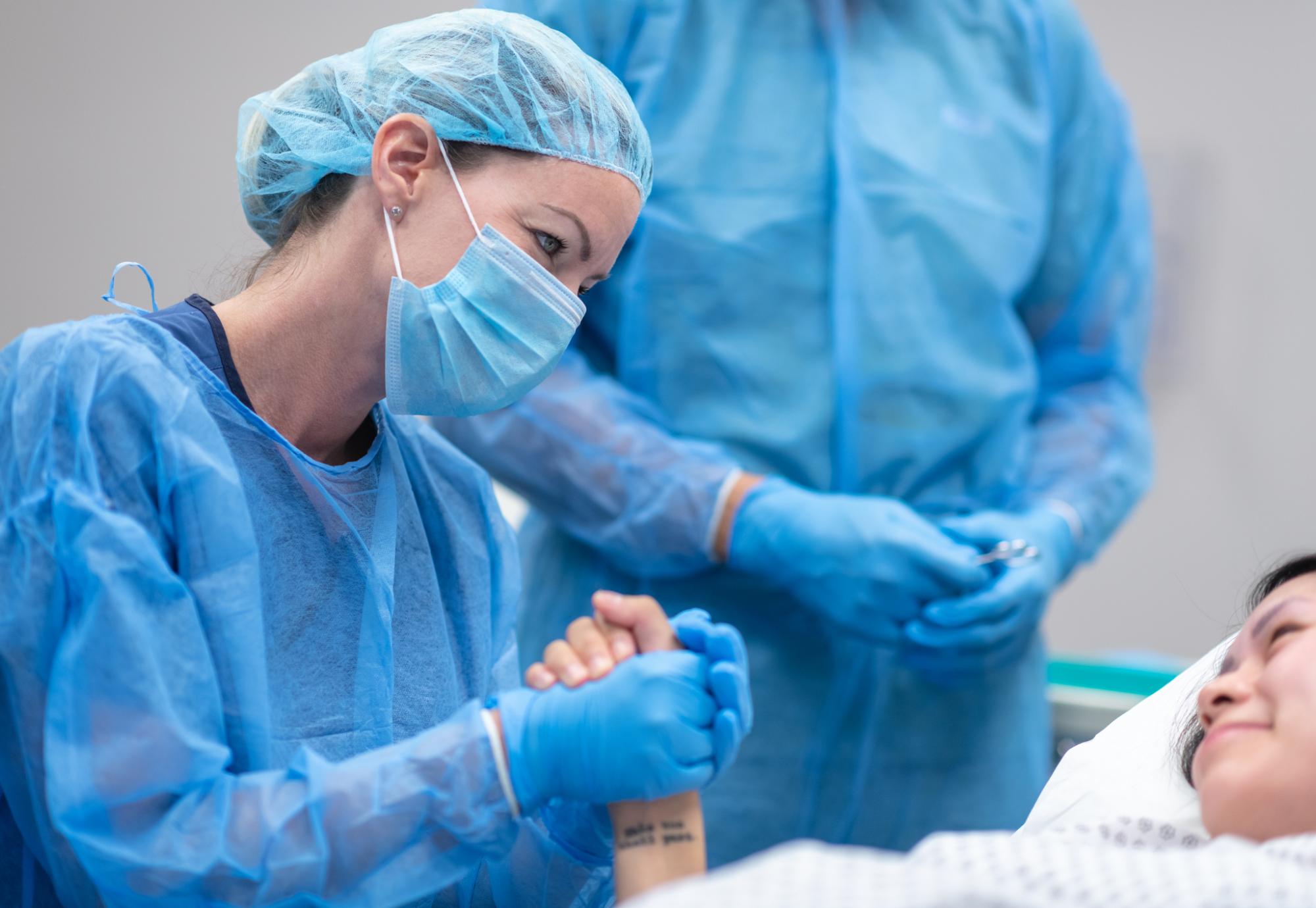Maternity and neonatal leadership in the NHS across England is set to benefit from a new £500,000 maternity leadership programme, aimed at training staff across 126 trusts and 44 local maternity systems.
As part of the new training, lessons learnt both from the Covid-19 pandemic and maternity safety reviews, including the recommendations of the Ockenden Review, will be applied.
Maternity leaders who complete the training programme, which is due to begin being rolled out later this year, will be equipped with the skills and knowledge to improve workplace culture and facilitate greater collaborative working between nurses, doctors, midwives and obstetricians.
Leadership was identified as a leading factor by Donna Ockenden’s independent review into cases of neglect and preventable baby deaths at Shrewsbury and Telford NHS Trust.
This included a disconnect between ‘ward and board’ in maternity services, which saw concerns being unable to be effectively escalated to senior leadership, as well as the application of learning from serious incidents.
These concerns highlighted showed the importance of multi-disciplinary training in maternity and neonatal settings, with this new training designed to help address and alleviate some of these issues.
Patient Safety Minister Nadine Dorries said: “The shocking and tragic findings of the Ockenden Review highlighted the importance of strengthening maternity leadership and oversight as well as fostering more collaborative approaches within maternity and neonatal services.
“I’m pleased to announce a new training programme for NHS maternity leaders, which will empower nurses, midwives and obstetricians to get the best out of their teams, and deliver safe, world-class care to mothers and their babies.”
Last year, seven regional chief midwives were also appointed around England to work with local maternity services, aiming to strengthen midwifery leadership and provide safer, more personal care for women, babies and their families.
Every trust was also required to put in place maternity safety champions, including at least one obstetrician, midwife and neonatologist, who will work closely with a board maternity safety champion to promote seamless communication across disciplines.



















